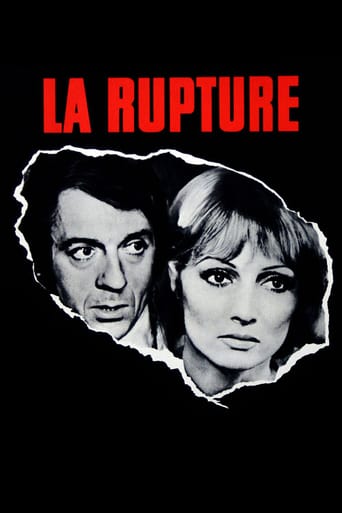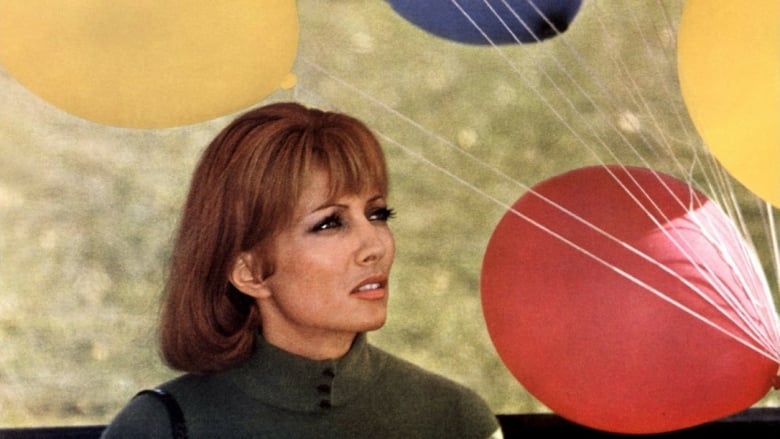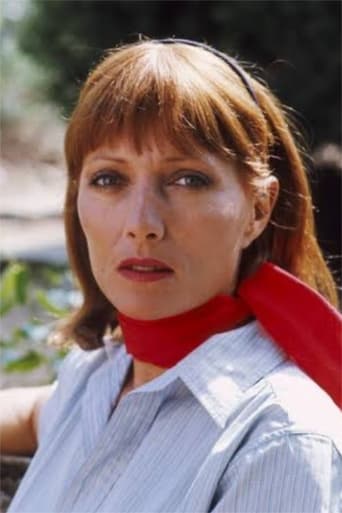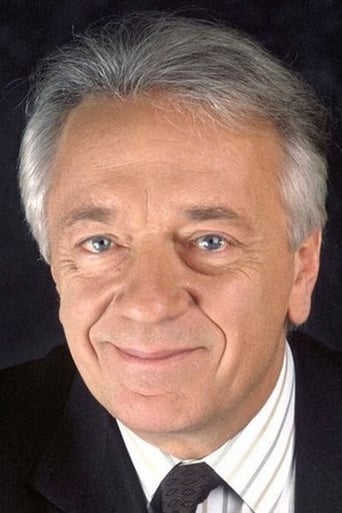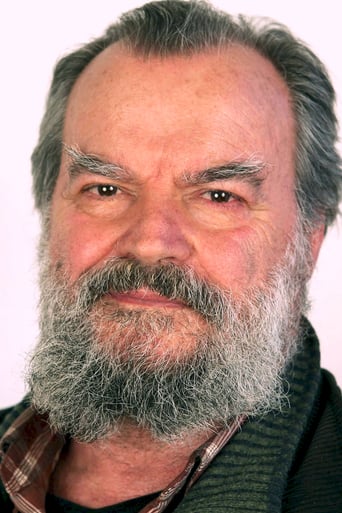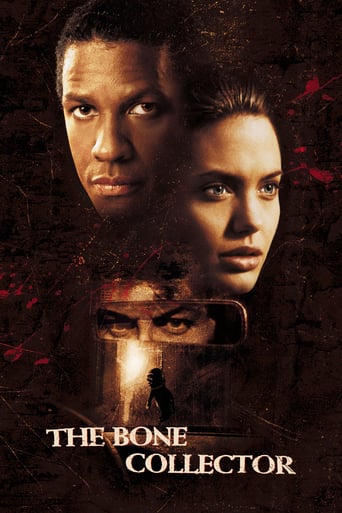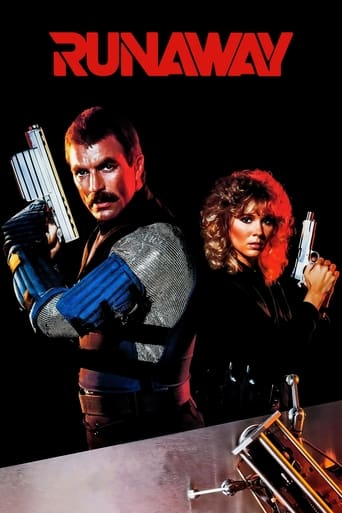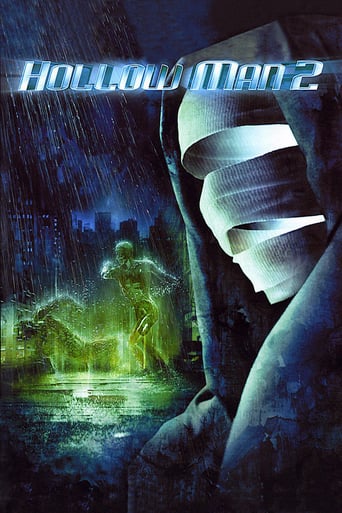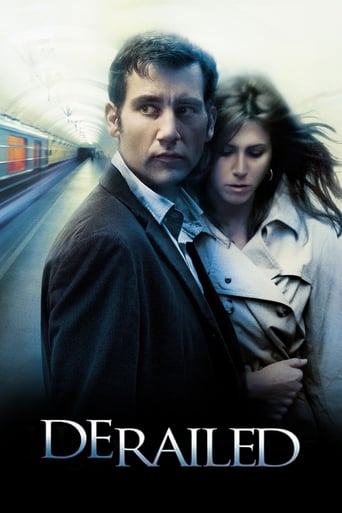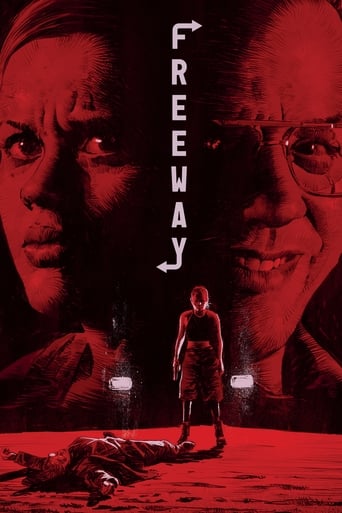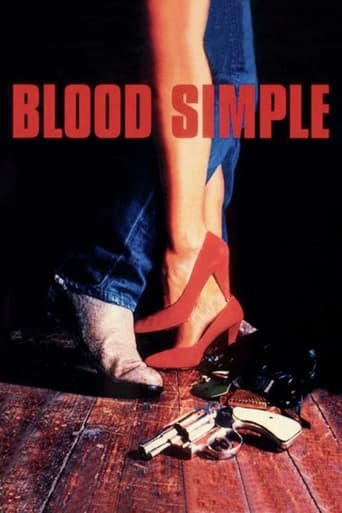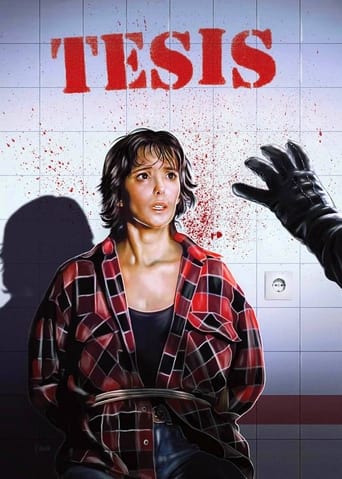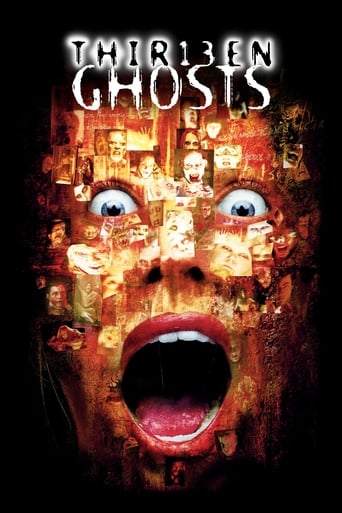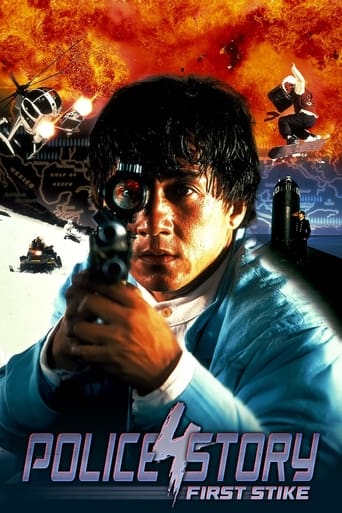The Breach (1970)
An innocent woman falls prey to her abusive husband, his wealthy father and a shady family friend.
Watch Trailer
Free Trial Channels
Cast


Similar titles
Reviews
Better Late Then Never
I like movies that are aware of what they are selling... without [any] greater aspirations than to make people laugh and that's it.
I really wanted to like this movie. I feel terribly cynical trashing it, and that's why I'm giving it a middling 5. Actually, I'm giving it a 5 because there were some superb performances.
A clunky actioner with a handful of cool moments.
The alternative English-language title of this one, THE BREAK UP, always seemed to me to imply that Chabrol had made a typically classy treatment of the theme of a family going through divorce proceedings a full decade before that Oscar-laden triumph KRAMER VS. KRAMER (1979). However, the film's very opening sequence obliterates that misconception immediately and completely: the quiet breakfast being enjoyed by a mother (the ubiquitous Stephane Audran playing, as usual, a character named Helene) and her little son is suddenly shattered by the unkempt and sinister appearance of the father (Jean-Claude Drouot – perhaps best-known for playing Yul Brynner's long-haired right-hand man in THE LIGHT AT THE EDGE OF THE WORLD the following year) who is clearly in some kind of daze brought on by the use of illegal substances.The couple start arguing and, just as the man seems about to slap the woman, he grabs the kid and literally throws him clear across the room; the latter hits his head violently against the edge of a kitchen cupboard and lands in a bloody puddle on the floor! It is a thoroughly shocking sequence – not just because it is totally unexpected and comes so early in the film but also since this utterly vile act is committed by a father upon his own son! Previously, I had equally gasped at a similar deed featuring in Ingmar Bergman's influential period piece THE VIRGIN SPRING (1960) but, again, the blood link between abuser and abused here makes the action all the more reprehensible.Actually, the film's original French title, LA RUPTURE, should from the outset have been more suggestive to what was in store for the perceptive viewer and, indeed, can be interpreted to allude to various characters and events: the dissolution of the couple's socially incompatible marriage; the gash in the kid's head (he is confined to a hospital bed for the duration of the film and is never again seen in a conscious state); the wrecking of the illusory brashness with which down-on-his-luck mole (Jean-Pierre Cassel, effectively cast against type) callously spins a web of deceit around Audran in a frame-up engineered by her all-powerful father-in-law (Michel Bouquet, also uncharacteristically portraying a villain) to ensure the custody of his grandson; and, at the film's conclusion, the cracking of Audran's very sanity – not only through the incredible events happening around her, but also because of her unwittingly imbibing a drug-spiked orange juice drink concocted by Cassel!! And what about the breach in Chabrol's own stylistic approach to such archetypal material, taking in as it does a healthy dose of black comedy (the eccentric inhabitants at the foreclosing boarding house where Audran and Cassel install themselves – including three elderly tarot-playing snoops, delusional thespian Mario David, boozing landlord Jean Carmet and his bespectacled, "backward" daughter Katia Romanoff), sleazy bedroom antics (courtesy of Cassel's perennially nude and horny girl played by the delectable Catherine Rouvel) and even outright psychedelia (Audran's kaleidoscopic vision of friendly balloon vendor Dominique Zardi)! Evidently, Chabrol wears his well-documented Fritz Lang influence on his sleeve even in this case! For the record, the film under review is based on a novel by Charlotte Armstrong, of whose works Chabrol would later also adapt MERCI POUR LE CHOCOLAT (2000).The first-rate ensemble cast also boasts a handful of other notable names: Michel Duchassoy (star of that which is arguably Chabrol's finest achievement, 1969's THIS MAN MUST DIE – appearing here as Audran's sympathetic lawyer), Angelo Infanti (as the doctor treating Audran's son and a lodger in her peculiar dwelling) and even Belgian director extraordinaire Harry Kumel (who, I am ashamed to say, I did not recognize even though I know how he looks today from recent photographs and past DVD supplements!). As always with Chabrol during this major phase in his career, the impeccable accomplishments of cinematographer Jean Rabier and composer Pierre Jansen (who contributes a strikingly unsettling score) can never be underestimated.Incidentally, Audran and Cassel would later appear as an oversexed married couple in Luis Bunuel's THE DISCREET CHARM OF THE BOURGEOISIE (1972) and, again, in Chabrol's star-studded THE TWIST (1976) which, ironically, is reputed to be his nadir(!) – and, of course, Audran and Bouquet also played husband and wife in Chabrol's THE UNFAITHFUL WIFE (1969; which, like THE BREACH itself, can be counted among Chabrol's Top 5 movies) and JUST BEFORE NIGHTFALL (1971); besides, probably as a result of this same Franco-Italo-Belgian co-production, Bouquet and Cassel would themselves be subsequently engaged to participate in Harry Kumel's own exhilarating magnum opus, MALPERTUIS (1971).
By and large I can take or leave Chabrol but he has made a lot of films with Isabelle Huppert which is more or less how and why I began watching his stuff. Apparently he had a 'rich' period around 1970 give or take a year or so either way and this entry was right at the heart of it. If he has a schtick it is subjecting small-town/suburban France to a powerful microscope and this is no exception for we are offered a microcosm of a decadent French society as seen through Chabrol's jaded eyes complete with three symbolic witches a la Macbeth. In terms of plot a man, heavily under the influence of LSD attacks his wife and child. She sues for divorce. His wealthy father moves heaven and earth to gain custody of the child. Virtually everyone is dirty. Forget a happy ending. Stephane Audran is excellent. What can I tell you.
The parents of Charles, the loser and addict husband, who are impossibly bourgeoise, begin the cycle of dishonesty and class warfare, in their attempt to gain custody of the child. Helene is followed, harassed and finally drugged; her fear, paranoia and her hallucinations are "real" and very powerful. This is Chabrol at his best, giving a scathing critique of the whims and overall avarice of the bourgeoise and upper class while showing you the terrible fate of a very mortal character who is trying to escape from the mistake of marrying wealth and position.
After having heard so much about the work of Chabrol, I was frankly disappointed with this film, which was my first encounter with his work. Not only did I find the pacing of the film agonisingly slow and lumbering, I found the plot to be frankly ludicrous. Whilst this is not always a problem,I can't believe that people can appreciate such an ill thought out plotline . I also found the hints at symbolism to be deeply confused and the anti-bourgeois sentiment to be far to "in your face". On the whole, a let down.

